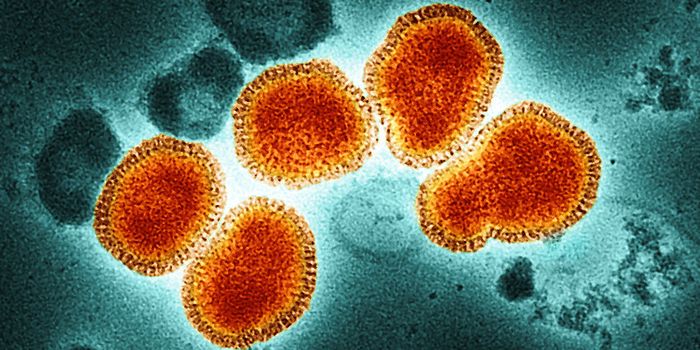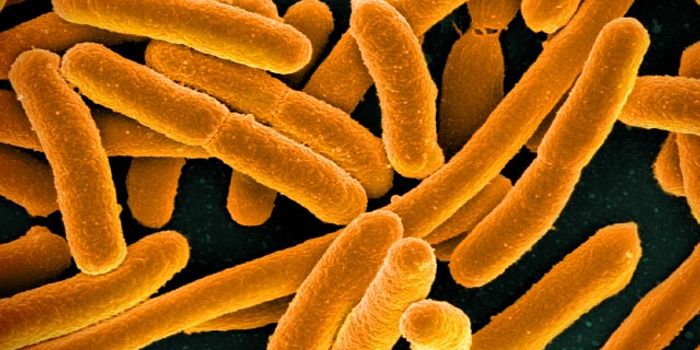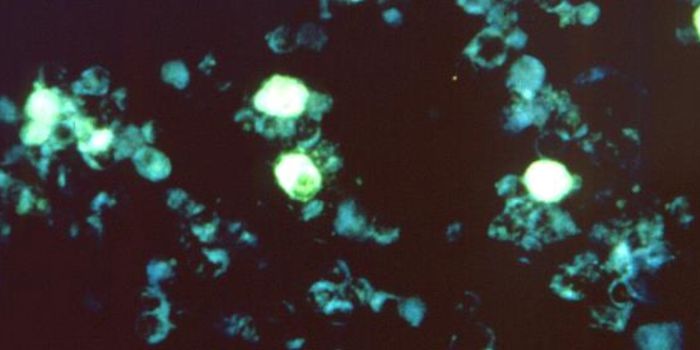One Microbial Molecule Makes a Big Difference in Immune Reactions
How can trillions of microbes live in our gut without causing a massive immune reaction? Scientists have been researching this question for years, and we are learning more about how the gut microbiome can coexist harmlessly with our immune system, and even benefit our bodies in many ways. New research has identified a molecule that is found on the surface of many bacterial cells, and how this molecule can stimulate a reaction from the immune system, or not. The findings, which could open up new treatment options for some gut disorders, have been reported in Cell.
A molecule called lipid A can be found on the surfaces of many types of bacterial cells. On most bacterial pathogens that can cause illness, lipid A is usually made up of six chains of fatty acids; this form of lipid A will trigger a strong reaction from the immune system.
This research revealed that many gut bacteria carry another version of lipid A with four chains of fatty acids instead of six. This four chain version causes cells in the gut to release a molecule called interferon beta that tamps down immune reactions and boosts the survival of beneficial regulatory T cells (Tregs).
"Our findings highlight how subtle differences in microbial molecules can dramatically alter immune responses," said senior study author Dennis Kasper, a Professor at Brigham and Women's Hospital and the Blavatnik Institute at HMS. "It's not the mere presence of gut bacteria but the shape of their molecules that can alter immune behavior."
The study also showed that when the four chain version of lipid A touches an immune cell’s surface, a receptor on the immune cell surface known as toll-like receptor 4 (TLR4) is activated. Usually, TLR4 would trigger an immune response, and encourage other cells to launch an attack. But when interferon beta is released due to the four chain lipid A, Tregs tamp down the immune response, lowering inflammation and preventing the immune system from mistakenly attacking food proteins or harmless microbes.
This study also exposed a mouse model of inflammatory bowel disease to the four chain lipid A. The inflammation in the guts of these mice was then reduced; their colons were healthier; and they had fewer symptoms of colitis compared to untreated animals.
"These insights can help us think about new ways to modulate colon immunity via lab-made bacterial molecules as a way to target gut inflammation," Kasper said.
Sources: Harvard Medical School, Cell









